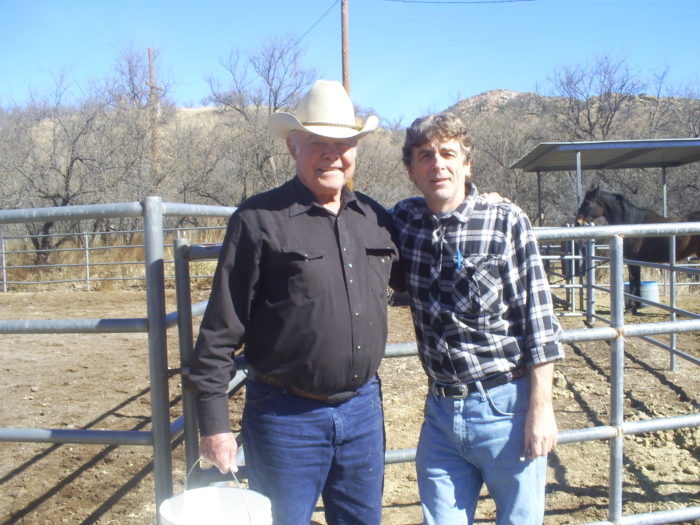DOUBLE WIDE and CHAMPAGNE COWBOYS are your first two books in the Whip Stark series. When can we expect the third?
Typing away. I’ll keep you posted.
Why did you write your current book, .45-CALIBER PERFUME?
I like reading down-and-dirty noirs and always wanted to write one. One lazy pandemic morning, these three, er, ethically challenged characters showed up in my head and I banged it out.
It’s dark and funny and moves speedily along to a violent ending that you won’t see coming.
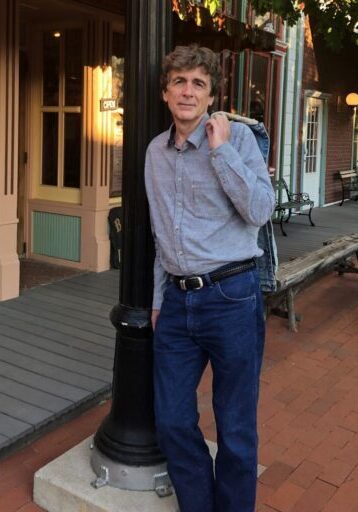
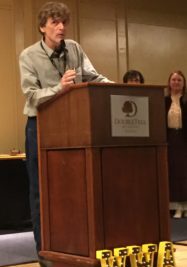
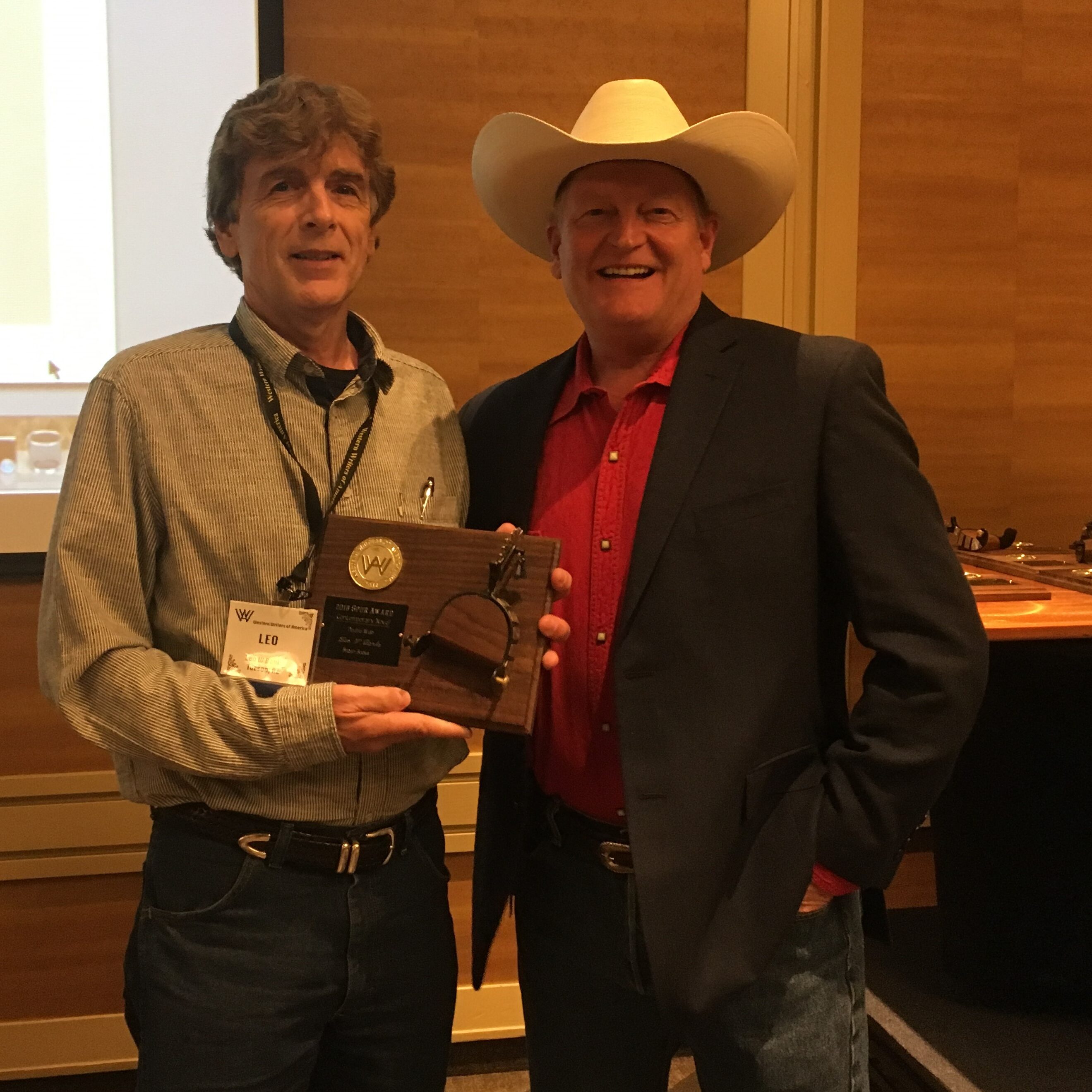
Anything else interesting in the works?
I’ve written a love story. Seriously. Sure, it’s got a murder and two revenge killings, but those things happen amid the drug war.
Will Zachary is a southern Arizona rancher. Merry O’Hara is a privileged Harvard girl heading west to graduate school at Stanford. When her car breaks down on his ranch, he rescues her, and these two people who have absolutely no business being together fall completely, totally, ridiculously … well, you see where this is going.
Or do you? How can two people make a go of it while fighting to save the ranch from smugglers? Is a happy ending for Will and Merry even possible?
It’s called THE FLYING Z.
Stay tuned.
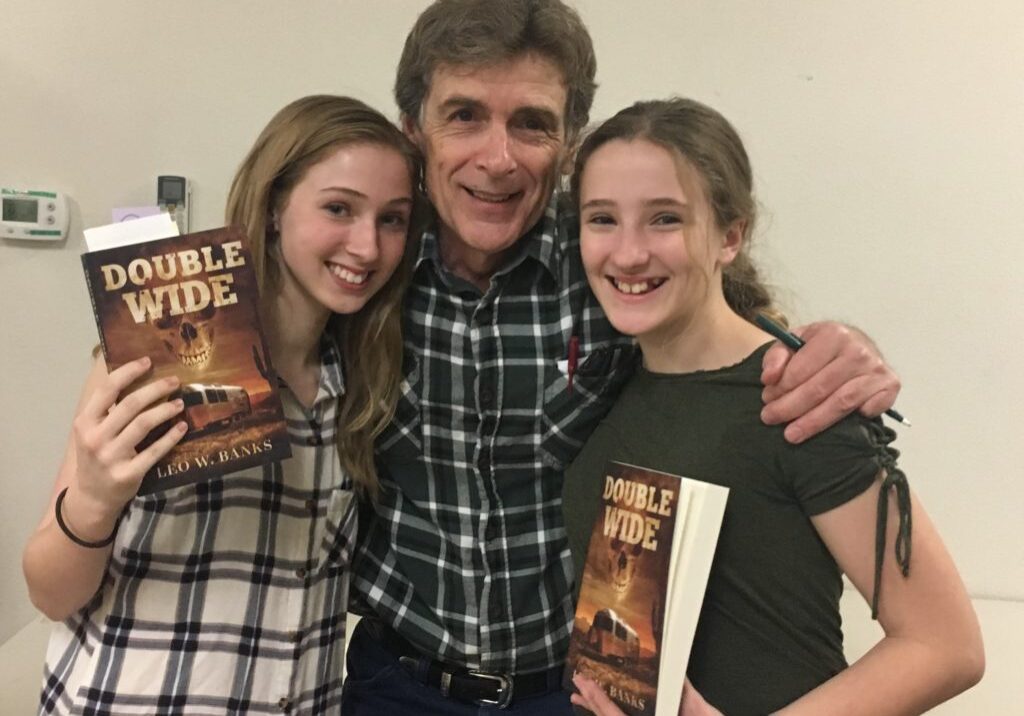
You spent a long time as a reporter. Do you have a favorite story?
I wrote so much for so long that it’s hard to pick. I’ll name two.
I wrote a story for Sports Illustrated about a Tucson couple (An Oasis for Some Pioneers), Chester and Lucille Willis. They took Black ballplayers for the Cleveland Indians into their homes during spring training at a time, the 1940s, when Tucson’s hotels were still segregated. The players included the great Satchel Paige and Larry Doby, the American League’s first Black player.
The other story was in the Tucson Weekly and is about a crew from Tucson’s Davis-Monthan Air Force Base who performed a daring helicopter rescue in Afghanistan of Navy Seal Marcus Luttrell. He became famous for his book LONE SURVIVOR, and the movie made from it.
Both were stories of ordinary folks doing extraordinary things.
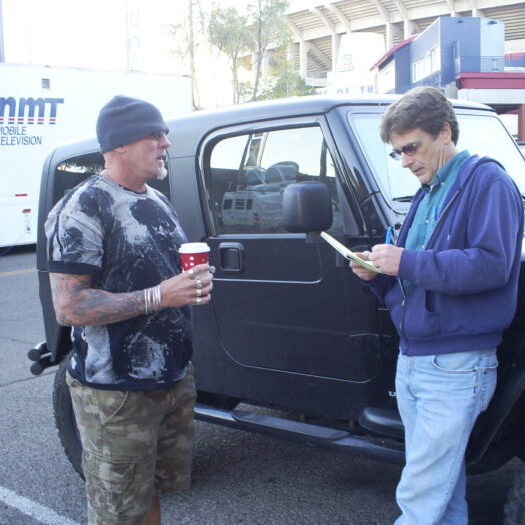
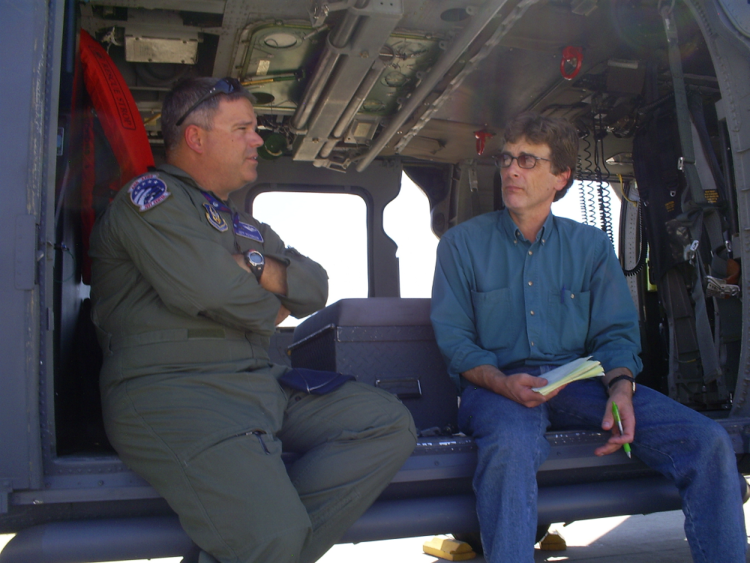
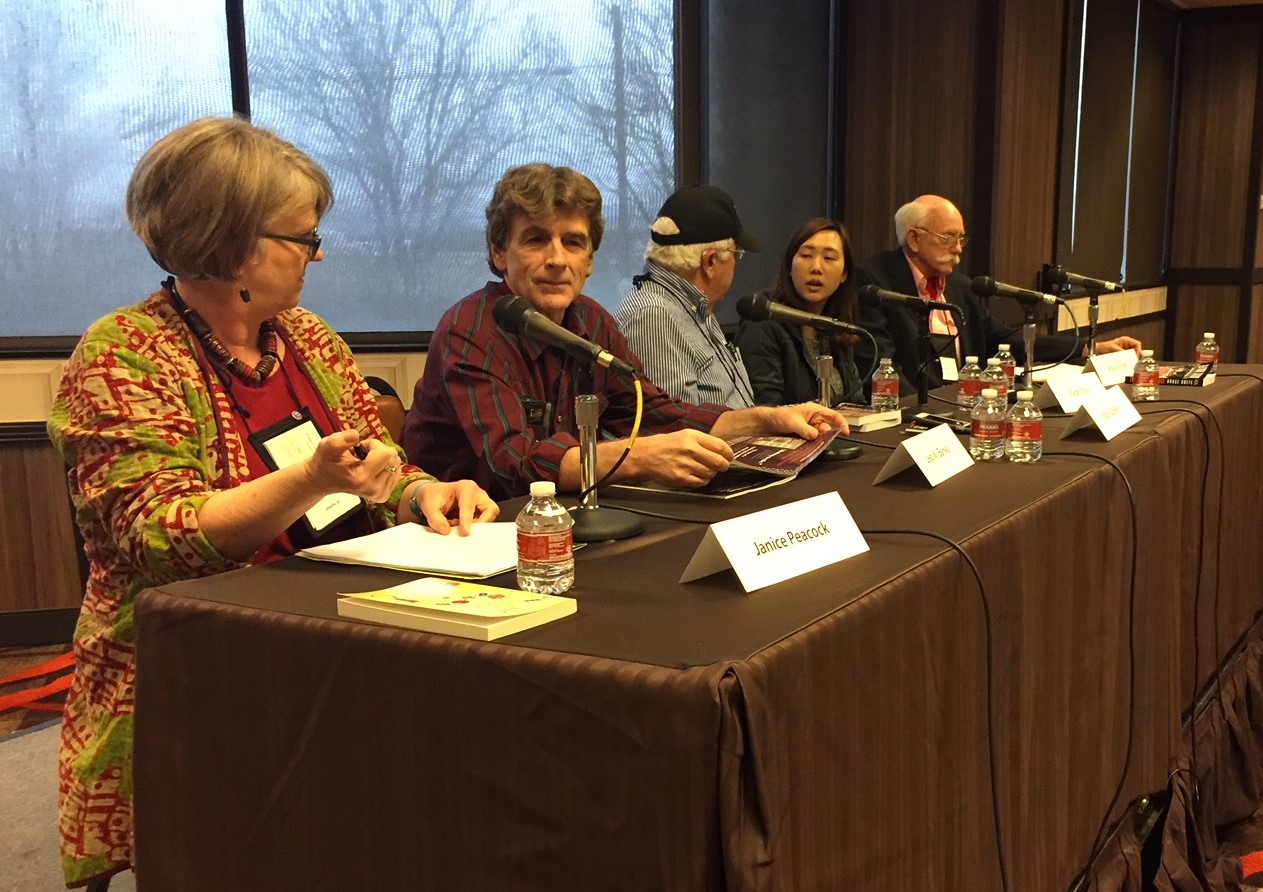
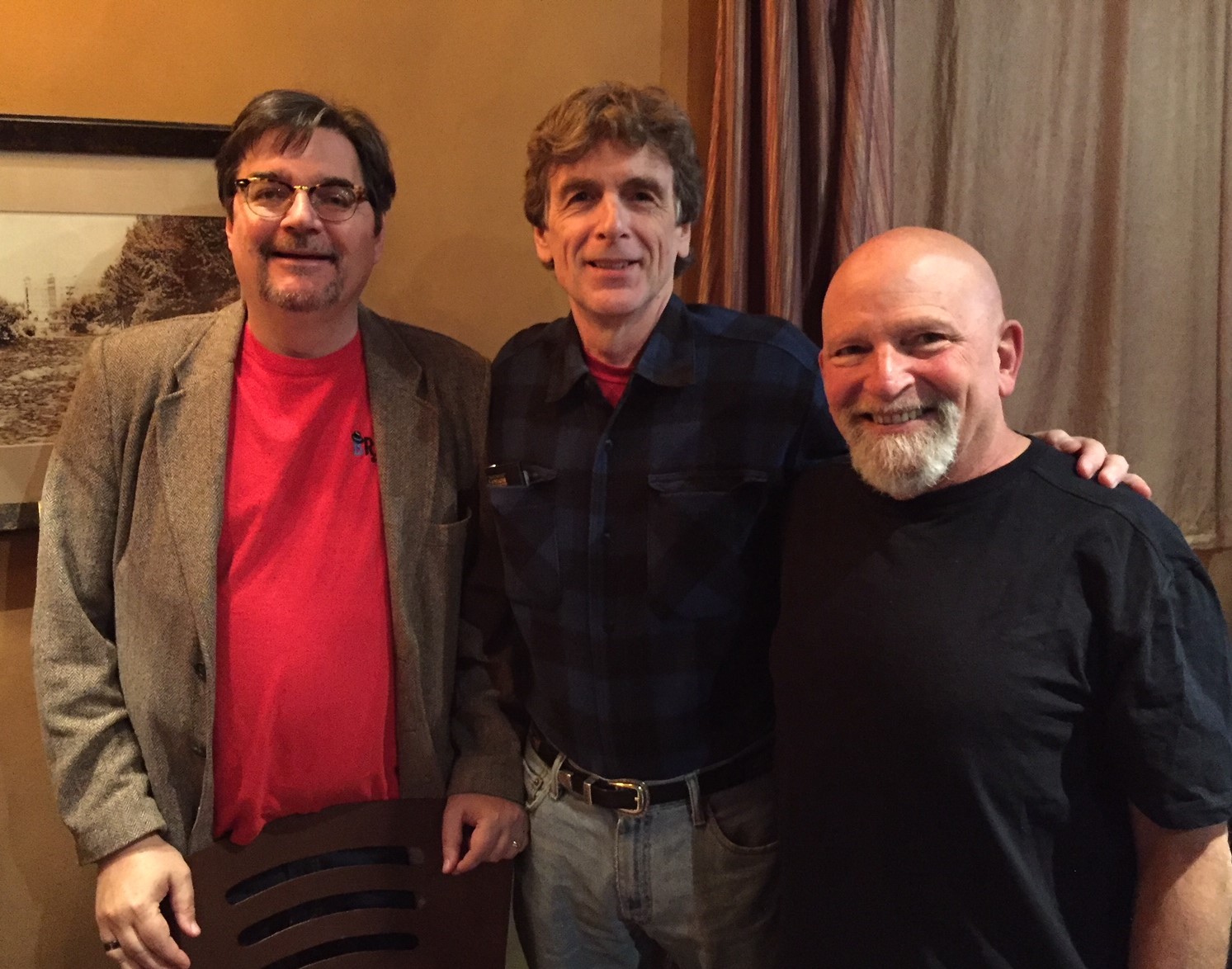
Any writing advice?
Read. All writers are readers. There’s no way around that.
Secondly, write. It doesn’t matter what you write, whether it’s in your diary or for your local shopper. But you have to write. Get used to putting your butt in a chair and words on the screen. The more you do it, the better you will get at it.
There’s no way around this, either.
Read THE ELEMENTS OF STYLE, a classic writing book. Once you’ve mastered everything in there, ignore all other writing advice and get busy reading and writing.
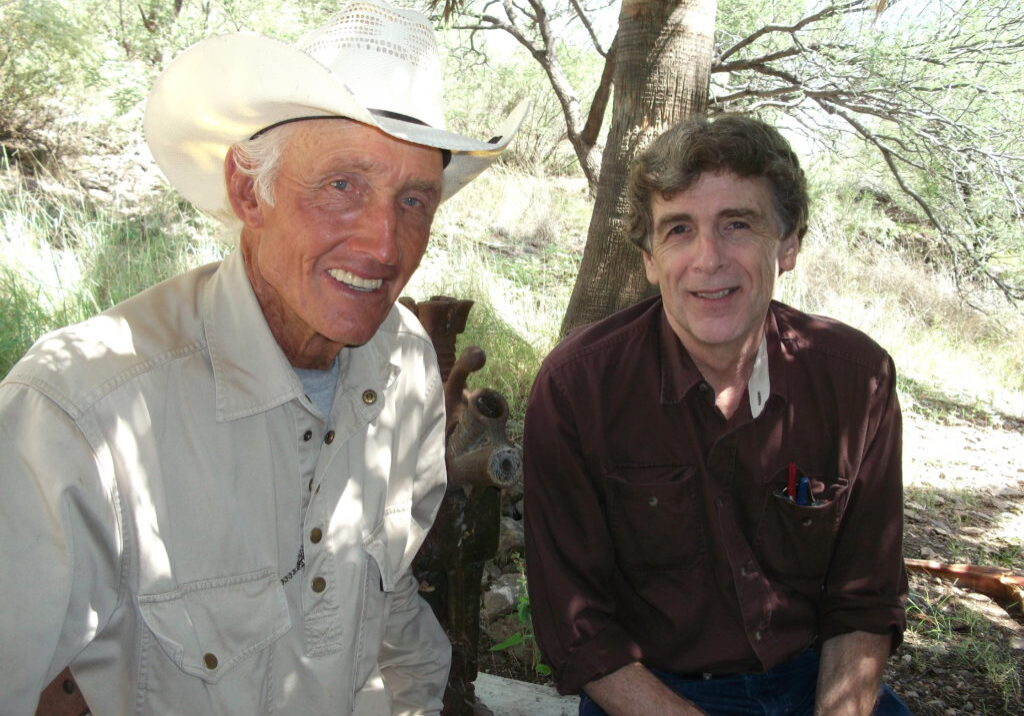
What is the difference between writing journalism and fiction?
Fiction has to be true. Sort of a joke, but not really. Here is what I mean.
Rarely when reading journalism do people say, “That could never happen.” News stories usually come with some combination of eyewitnesses, police reports, court papers, quotes from the people involved, maybe videos. It happened.
But fiction has a higher standard of truth. Plenty of people might be inclined to say of your novel, “That could never happen.”
As a writer of fiction, you have to make sure your story in believable.
Other than that, journalism and fiction are fundamentally the same. You have to put your butt in the chair and do it.
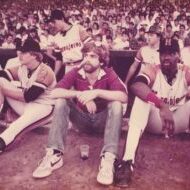
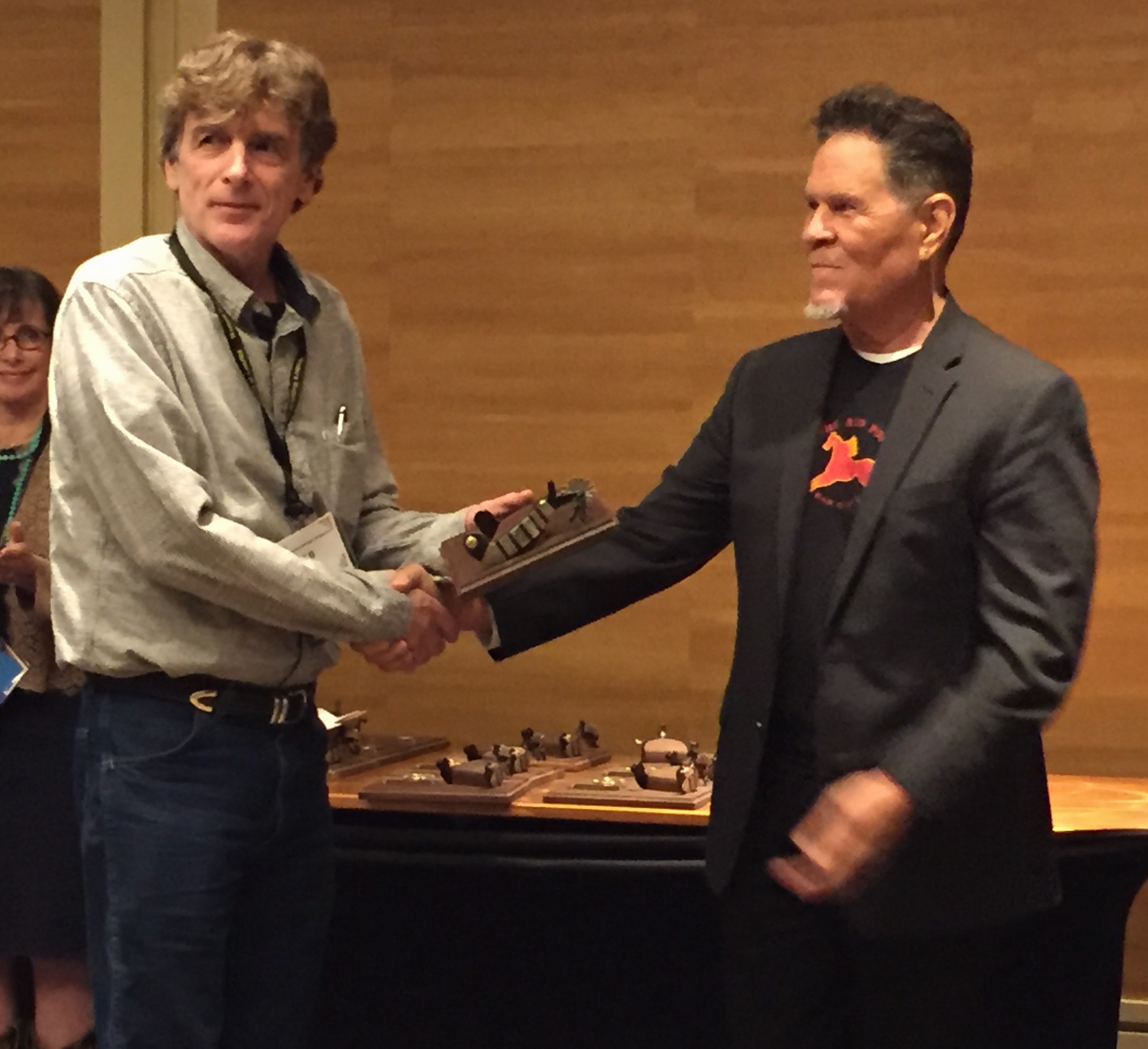
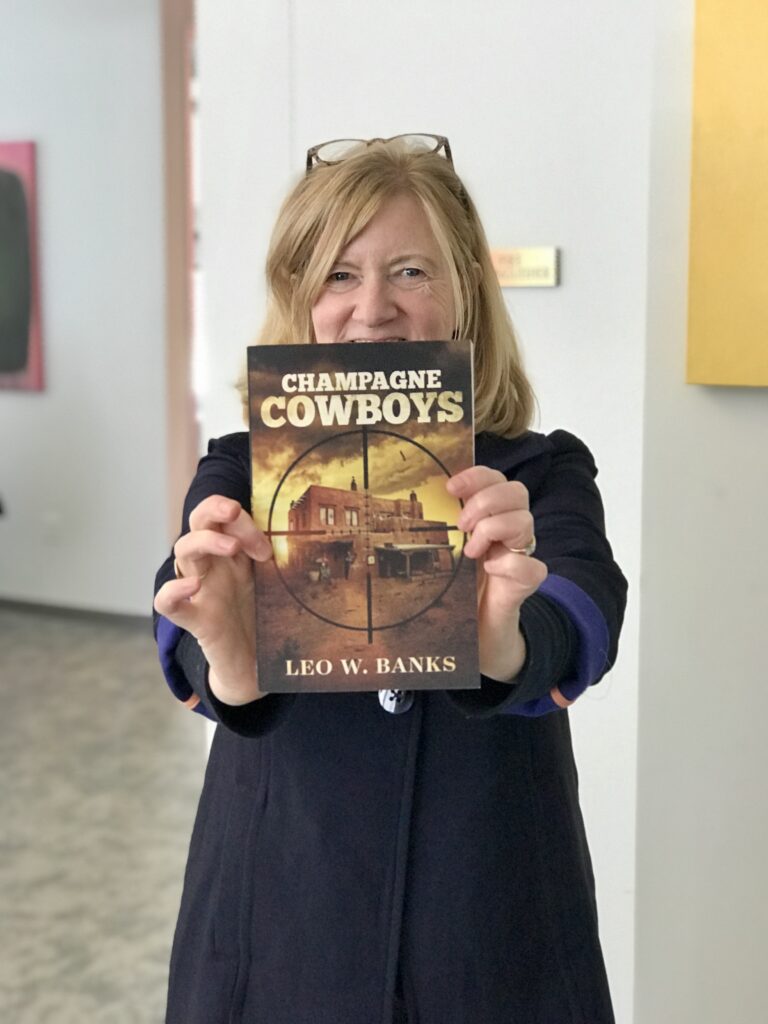
What are your favorite novels?
How much time do we have? To name two, THE GREAT GATSBY, by F. Scott Fitzgerald, and THE BIG SLEEP, by Raymond Chandler.
Wait, I want to toss in another underappreciated Chandler offering, his final book, THE LONG GOODBYE. A lot of hard-earned wisdom in this semi-autobiographical gem.
Hold on, I have a fourth: THE SHOOTIST, by Glendon Swarthout. It's about J.B. Books, a dying gunfighter who comes to El Paso in 1901. The love story anchors what might be the best Western novel ever written. The movie version featured Lauren Bacall and John Wayne in his final film performance.
What about nonfiction?
IN COLD BLOOD, by Truman Capote. Love that first sentence: "The village of Holcomb stands on the high wheat plains of western Kansas, a lonesome area that other Kansans call "'out there.'"
THE KILLER ANGELS, Michael Shaara's novel about Gettysburg. Won the Pulitzer Prize in 1975. His character descriptions are brilliant.
